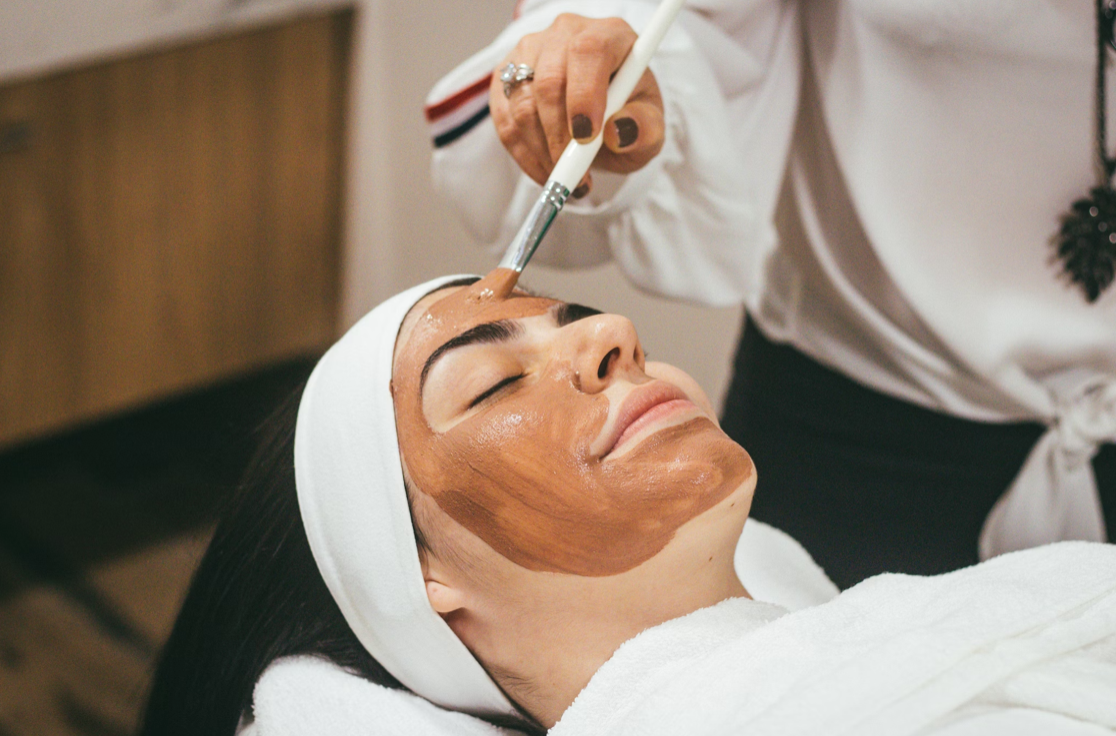The beauty industry is not as safe as you would think. In the US, there were 169,524 beauty, cosmetics, and fragrance brands in 2023 – an increase of 22% from 2022. It’s no secret that a large number of these are self-employed, small businesses running from their home or renting a chair, but do you know how regulated it is?
The simple answer is – not very.
And that’s the risk. From vascular occlusion (blocked blood vessels) in lip fillers that can result in tissue death or blindness (extreme reactions) to simply having a treatment done that isn’t suitable for skin types – people are going into the beauty industry with minimal training. Quite frankly, many of them have no clue what to do.
But that’s not the worst part – consumers are going to these ‘beauticians’ with no clue what they’re doing because they’re cheap.
The ones who are operating correctly are the ones consulting with physicians. Why? Let’s explore.
Why Are Beauty Brands Consulting With Physicians?
In an industry burgeoning with brands and besieged by competition, credibility is not just an asset; it’s a necessity. Small beauty brands, especially those navigating the intricate terrain of skincare and cosmetic treatments, are increasingly aligning with physicians. This collaboration is not a mere trend but a strategic manoeuvre to infuse their offerings with a dose of credibility and safety.
Physicians and physician staffing companies have a wealth of knowledge about the human body, skin physiology, and the complex interplay of ingredients. They’re invaluable, but it’s only the bigger beauty brands that seem to collaborate with them.
Still, this partnership allows brands to formulate products and treatments that are effective and safe. They’re tailored to meet the diverse needs of skin types and conditions.
In an industry riddled with misinformation and quick fixes, physician-endorsed products stand out.
For beauty brands, this collaboration is more than a business strategy; it’s a commitment to uphold the highest standards of care and excellence in an industry that all too often overlooks them.
What Are The Risks of Small Beauty Businesses
The increasing number of small beauty businesses is risky for businesses and their unsuspecting clientele. With the beauty industry’s regulations lagging behind its rapid growth (massively), many small businesses operate in a grey zone of accountability. Many even lack the simple regulation of requiring clients to sign a waiver. And we dread to think how many are not completing consultations and patch tests.
The absence of a regulatory framework is a haven for unqualified individuals to masquerade as professionals – some practice on their friends for free, and they’re good to set up a business from their bedroom. That’s the reality of it.
Do Consumers Understand What Makes a Beautician Reputable?
Consumers don’t understand the process. They understand the finish. When they’re looking for a beautician, they go off Instagram pictures, word of mouth, and reputation. But it’s training, physician collaboration, and experience that mean the most.
With every beautician claiming supremacy – and they really do, if you look at Instagram, and every product touting miraculous results which they really don’t, if you read the reviews, the average consumer is often left floundering, trying to discern the genuine from the gimmicky.
The heart of the issue lies in education, or the lack thereof. The lure of affordable treatments (don’t get us started on beauty tourism) and instant results (even though they’re often not instant) is too much for some people.
Not all small beauty brands will consult with physicians, but the ones that do are arguably the most reputable – the people that own and run them understand the risks involved. There have been countless cases of malpractice. Checking the reputation, training, certification, and general practice of a beauty business is essential unless you want to save money and run the risk, of course.

